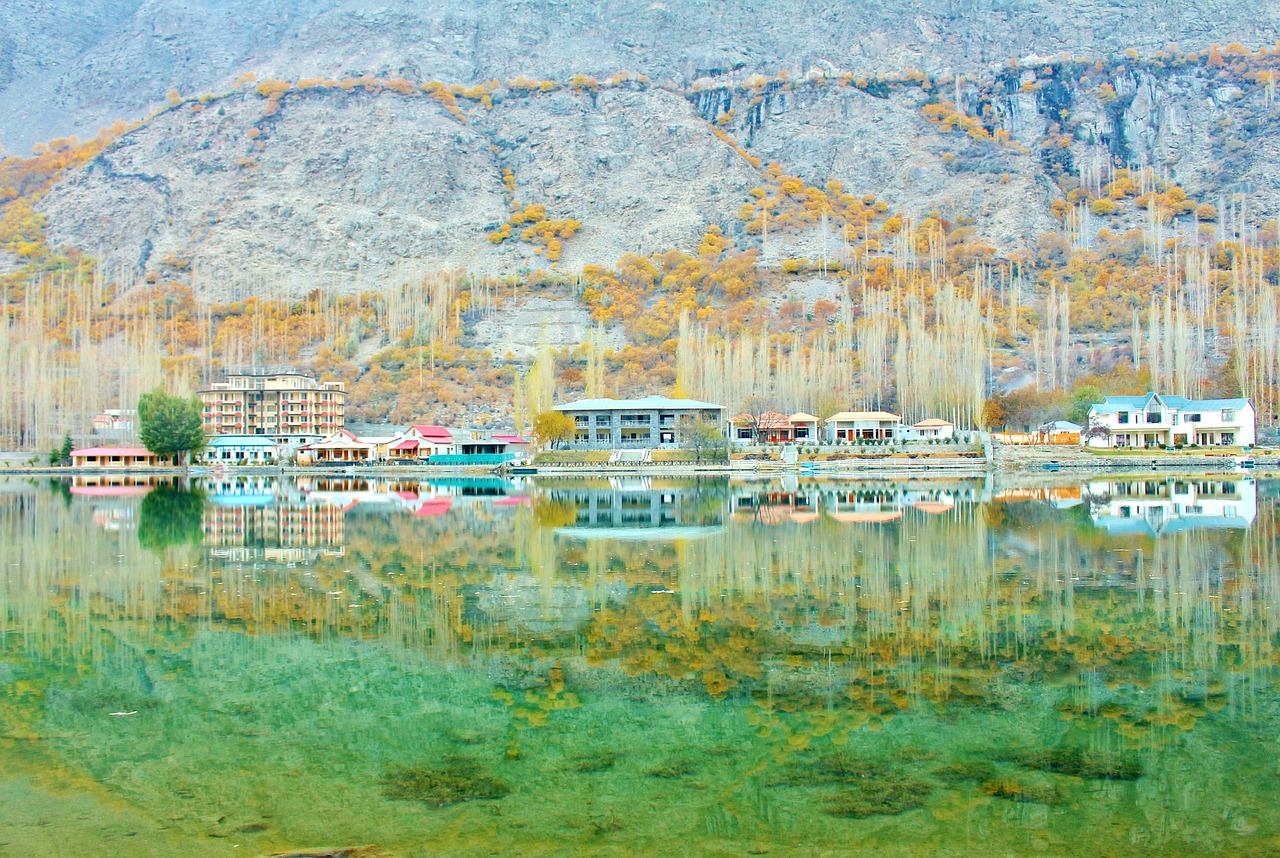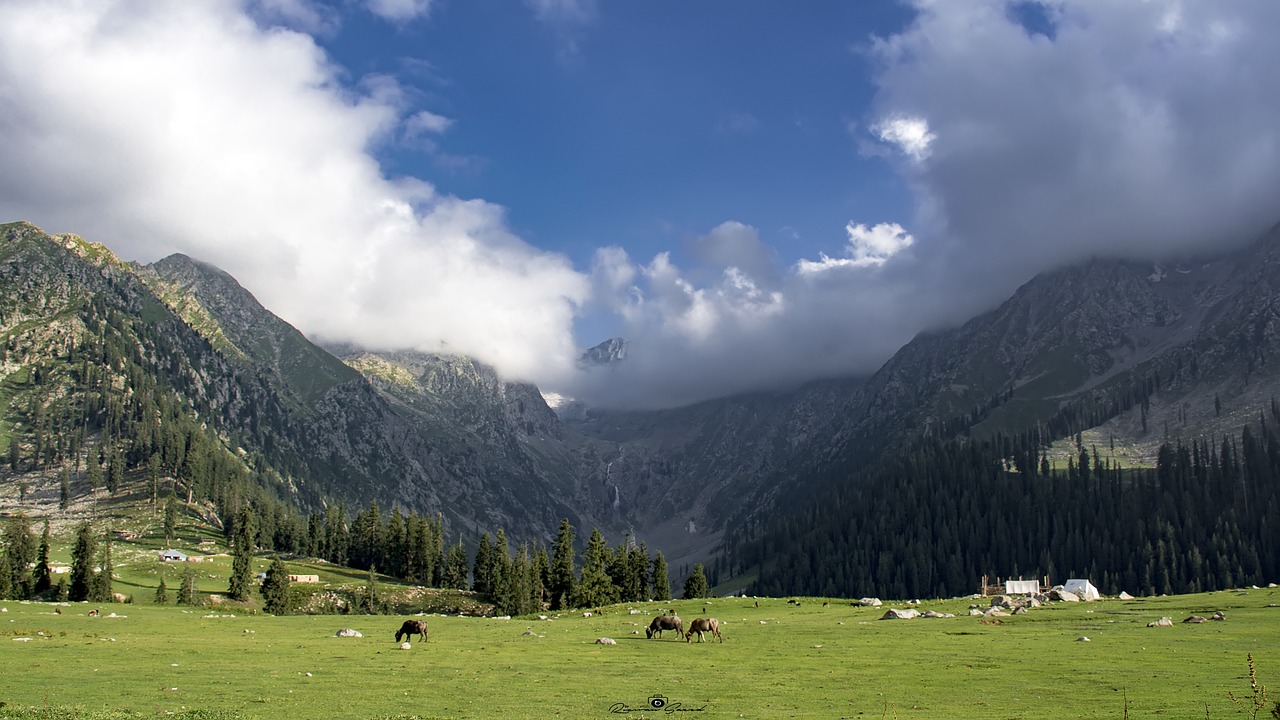Pakistan Video
Cultural Etiquette: Doing Business in Pakistan
Doing business in Pakistan requires a deep understanding and respect for the country’s cultural norms and etiquette. Pakistan is a diverse nation with a rich heritage, and it is essential for any businessperson to be aware of the customs and traditions that shape business interactions. This article aims to provide a comprehensive guide to cultural etiquette when conducting business in Pakistan.
Section 1: Greetings and Introductions
In Pakistan, greetings are an essential part of business interactions. It is customary to greet with a handshake, and it is polite to address individuals by their formal titles, such as Mr., Mrs., or Dr., followed by their last name. When meeting someone for the first time, it is common to exchange business cards. It is advisable to have one side of the card translated into Urdu, the national language of Pakistan.
- Exchanging Business Cards: When exchanging business cards, it is important to present and receive them with both hands as a sign of respect. Take a moment to read the card before putting it away.
- Formal Titles: Addressing individuals by their formal titles is crucial in Pakistan. Make sure to use the appropriate honorifics when speaking to someone, especially those in higher positions.
- Handshakes: Handshakes are the most common form of greeting in Pakistan. Maintain eye contact and offer a firm handshake to show respect.
- Body Language: Pakistanis value personal space, so it is essential to maintain an appropriate distance during conversations. Avoid excessive gestures or physical contact.
Section 2: Business Attire
Dressing appropriately is crucial when doing business in Pakistan. The general rule is to dress conservatively, especially for formal meetings and events. Men typically wear suits or traditional shalwar kameez (a loose-fitting tunic and trousers), while women often opt for modest and professional attire, such as a salwar kameez or a well-tailored suit.
- Conservative Dress: It is important to dress modestly and conservatively, especially for formal occasions. Avoid revealing or flashy clothing.
- Professional Appearance: Maintaining a professional appearance is highly valued in Pakistan. Ensure your attire is clean, well-pressed, and appropriate for the occasion.
- Traditional Attire: While not mandatory, wearing traditional Pakistani attire can be seen as a sign of respect and appreciation for the local culture.
- Appropriate Footwear: Choose closed-toe shoes for formal business settings. Sandals or open-toe shoes may be acceptable in more casual environments.
Section 3: Communication Style
Effective communication is vital in Pakistani business culture. It is important to be polite, respectful, and maintain a professional tone during conversations. Pakistanis value indirect communication and often use subtle cues and gestures to convey their messages. It is essential to listen actively and give others time to express their thoughts.
Pakistan Image 1:

- Politeness and Respect: Politeness is highly valued in Pakistani culture. Use courteous language and show respect towards others, especially those in higher positions.
- Indirect Communication: Pakistanis often communicate indirectly, relying on non-verbal cues and gestures. Pay attention to body language and subtle hints during conversations.
- Active Listening: Practice active listening by nodding, maintaining eye contact, and acknowledging the speaker’s points. This shows respect and engagement in the conversation.
- Avoiding Confrontation: Pakistanis tend to avoid direct confrontation or disagreement. It is advisable to address concerns or disagreements tactfully and diplomatically.
Section 4: Business Meetings and Negotiations
Business meetings and negotiations in Pakistan follow a formal and hierarchical structure. It is common for the most senior person to lead the discussion, and decisions are often made after consulting with the entire team. Building personal relationships and trust is crucial before engaging in business discussions.
- Hierarchy and Respect: Respect the hierarchical structure and defer to the most senior person in the room. Avoid interrupting or contradicting individuals in positions of authority.
- Building Relationships: Pakistanis value personal relationships and trust-building. Take the time to establish connections and engage in small talk before diving into business matters.
- Patience and Flexibility: Business negotiations in Pakistan can be time-consuming and require patience. Be prepared for extended discussions and be open to flexible solutions.
- Decision-Making Process: Decisions are often made collectively in Pakistan. It is essential to get buy-in from all relevant stakeholders before finalizing any agreements.
Section 5: Gift-Giving Culture
Gift-giving is a common practice in Pakistan and plays a significant role in building relationships and expressing goodwill. When giving gifts, it is important to choose items that reflect thoughtfulness and respect for the recipient’s culture and preferences.
- Appropriate Gifts: Choose gifts that are thoughtful and reflect the recipient’s interests. It is advisable to avoid overly expensive or extravagant gifts, as they may be seen as inappropriate.
- Gift Wrapping: Present gifts in nicely wrapped packages as a sign of respect and care. Avoid using white wrapping paper, as it is associated with funerals and mourning.
- Gift-Giving Occasions: Common occasions for gift-giving in Pakistan include religious festivals, weddings, and business milestones. Be mindful of cultural and religious sensitivities when selecting gifts.
- Presenting Gifts: When presenting a gift, use both hands as a sign of respect. The recipient may not open the gift immediately, as it is customary to do so in private.
Section 6: Dining and Entertainment
Dining and entertainment play an important role in Pakistani business culture. Invitations to meals or social events are common, and accepting these invitations is seen as a gesture of goodwill. Understanding dining etiquette and cultural norms is essential when participating in these activities.
Pakistan Image 2:

- Accepting Invitations: Accepting invitations to meals or social events is considered polite and helps build relationships. It is customary to reciprocate the invitation in the future.
- Table Manners: Familiarize yourself with basic table manners in Pakistan. Avoid starting to eat until the host initiates, and use your right hand for eating as the left hand is considered unclean.
- Respecting Food and Beverages: Pakistanis take pride in their cuisine. Show appreciation for the food and beverages offered, and try to sample a variety of dishes.
- Gifts for the Host: It is customary to bring a small gift for the host when attending a social event or dinner. Flowers, chocolates, or traditional sweets are appropriate choices.
Section 7: Religious and Cultural Sensitivities
Pakistan is a country deeply rooted in religious and cultural traditions. It is essential to be sensitive and respectful towards these aspects when conducting business in the country.
- Religious Observances: Pakistanis observe religious practices, and it is important to be aware of major religious holidays and events. Avoid scheduling important meetings or events during these times.
- Cultural Sensitivities: Respect cultural norms and customs, such as dress codes, greetings, and gestures. Avoid topics that may be considered sensitive, such as politics or religious debates.
- Respecting Places of Worship: When visiting places of worship, dress modestly and remove your shoes before entering. Seek permission before taking photographs or engaging in any disruptive behavior.
- Gender Segregation: In some settings, there may be gender segregation. Respect these practices and avoid behaving in a way that may be seen as inappropriate or offensive.
Section 8: Language and Translation
The official language of Pakistan is Urdu, although English is widely spoken and understood, especially in business settings. However, it is advisable to have important documents and materials translated into Urdu to ensure clarity and avoid misunderstandings.
- Language Use: English is commonly used in business and government settings. However, it is polite to learn a few basic Urdu phrases to show respect for the local culture.
- Translation Services: When conducting business in Pakistan, consider hiring professional translators or interpreters to ensure effective communication, especially during important meetings or negotiations.
- Document Translation: Have important documents, contracts, and presentations translated into Urdu to ensure clarity and understanding from all parties involved in the business transaction.
- Local Language: In addition to Urdu, Pakistan has various regional languages. If conducting business in a specific region, it may be helpful to learn a few basic phrases in the local language.
Section 9: Time Management
Time management in Pakistan is often perceived differently compared to Western cultures. It is essential to be patient and flexible when it comes to scheduling and punctuality.
Pakistan Image 3:

- Flexibility in Scheduling: Meetings and events in Pakistan may not always start or end on time. Be prepared for delays and be flexible with your schedule.
- Importance of Relationships: Pakistanis prioritize building relationships over strict adherence to schedules. Allow time for informal discussions and relationship-building during meetings.
- Punctuality: While punctuality is appreciated, it is common for Pakistanis to arrive slightly late for social or informal gatherings. However, it is advisable to be punctual for business meetings.
- Follow-Up: After meetings or negotiations, follow up with a summary email or letter to ensure clarity and confirm any agreements or action points discussed.
Section 10: Socializing and Networking
Socializing and networking are integral parts of doing business in Pakistan. Building personal relationships and trust is often key to successful business ventures.
- Small Talk: Engage in small talk and show genuine interest in the person you are speaking with. Discussing topics such as family, culture, and sports can help build rapport.
- Invitations to Social Events: Accept invitations to social events whenever possible. These events provide opportunities to network and establish connections outside of formal business settings.
- Gifts for Hosts: When attending social events or gatherings, it is customary to bring a small gift for the host as a token of appreciation.
- Personal Space and Physical Contact: Respect personal space and avoid excessive physical contact, especially with individuals of the opposite gender, unless initiated by the other person.
Section 11: Business Etiquette Tips
To navigate the intricacies of doing business in Pakistan successfully, consider the following additional etiquette tips:
- Respect for Elders: Show respect for older individuals, as age is highly regarded in Pakistani culture.
- Respect for Authority: Respect individuals in positions of authority and avoid challenging their decisions or opinions publicly.
- Avoid Negative Gestures: Avoid using negative gestures, such as pointing with your index finger or showing the soles of your feet, as they are considered disrespectful.
- Accepting Hospitality: If invited to someone’s home, it is customary to accept the hospitality graciously. Remove your shoes before entering and express gratitude for the invitation.
Section 12: Conclusion
Doing business in Pakistan requires a deep understanding and appreciation of the country’s cultural norms and etiquette. By respecting local customs, building relationships, and demonstrating cultural sensitivity, business professionals can navigate the Pakistani business landscape with confidence and success.
References
– www.pakistan.gov.pk
– www.dawn.com
– www.pakistantourism.gov.pk
– www.export.gov
– www.worldbank.org


